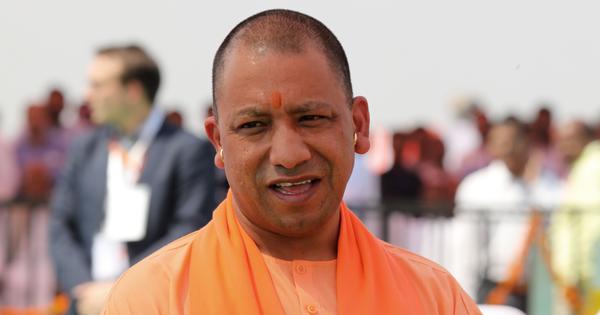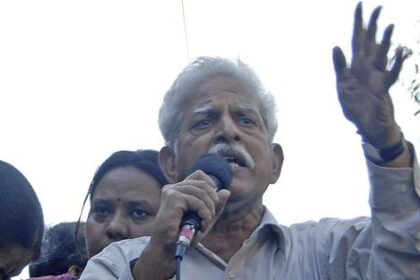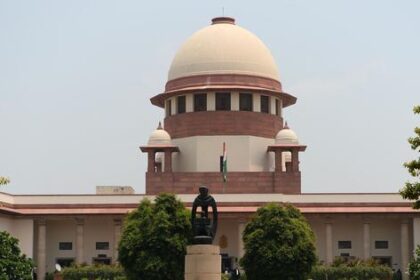State directive aims to uphold public order and constitutional values in political discourse.
The Uttar Pradesh government has enacted a ban on caste-based political rallies and public displays that involve caste identifiers, asserting that these practices pose a threat to public order and undermine constitutional principles. This directive was issued on Sunday by officiating Chief Secretary Deepak Kumar, who communicated the order to district magistrates, police chiefs, and other state officials.
The directive highlights that political rallies organized along caste lines foster social conflict. It empowers authorities to take action against individuals inciting divisions through caste-based displays and protests. This move follows a recent ruling from the Allahabad High Court, which prohibited the declaration of caste in police documents and other official records.
The court expressed concerns about the broader societal implications of caste glorification, particularly in public spaces and on social media. It stated that recording or declaring caste without legal relevance constitutes identity profiling, reinforces societal prejudices, and infringes upon fundamental rights.
In alignment with the High Court’s ruling, the state government has mandated that police records, including arrest memos and station notice boards, must exclude caste details. Instead, the directive calls for the names of both parents to be recorded. Additionally, authorities are instructed to collaborate with the National Crime Records Bureau to eliminate caste columns from the Crime and Criminal Tracking Network and Systems portal. Until these changes are implemented, such fields are to be left blank.
Exceptions to this rule will only occur when the law necessitates the mention of caste identities, such as in cases registered under the Scheduled Castes and Scheduled Tribes Prevention of Atrocities Act. Furthermore, vehicles displaying caste slogans or stickers will be subject to penalties under the Central Motor Vehicles Act. The directive also emphasizes the immediate removal of signboards that glorify caste or designate areas as caste territories.
The High Court, in its order, observed that caste identifiers have been resurfacing in both public and online domains. This resurgence is described as a coded assertion of social power, which ultimately undermines constitutional values. The court mandated the removal of caste columns from investigative documents and other records while also recognizing that law enforcement agencies are not exempt from social biases.
A bench led by Justice Vinod Diwakar instructed the state to develop a regulatory framework aimed at amending the Central Motor Vehicle Rules to prohibit caste-based slogans and identifiers on all vehicles. This comprehensive approach seeks to address the complexities surrounding caste in political and social contexts, reinforcing the state’s commitment to uphold constitutional values and public order.








